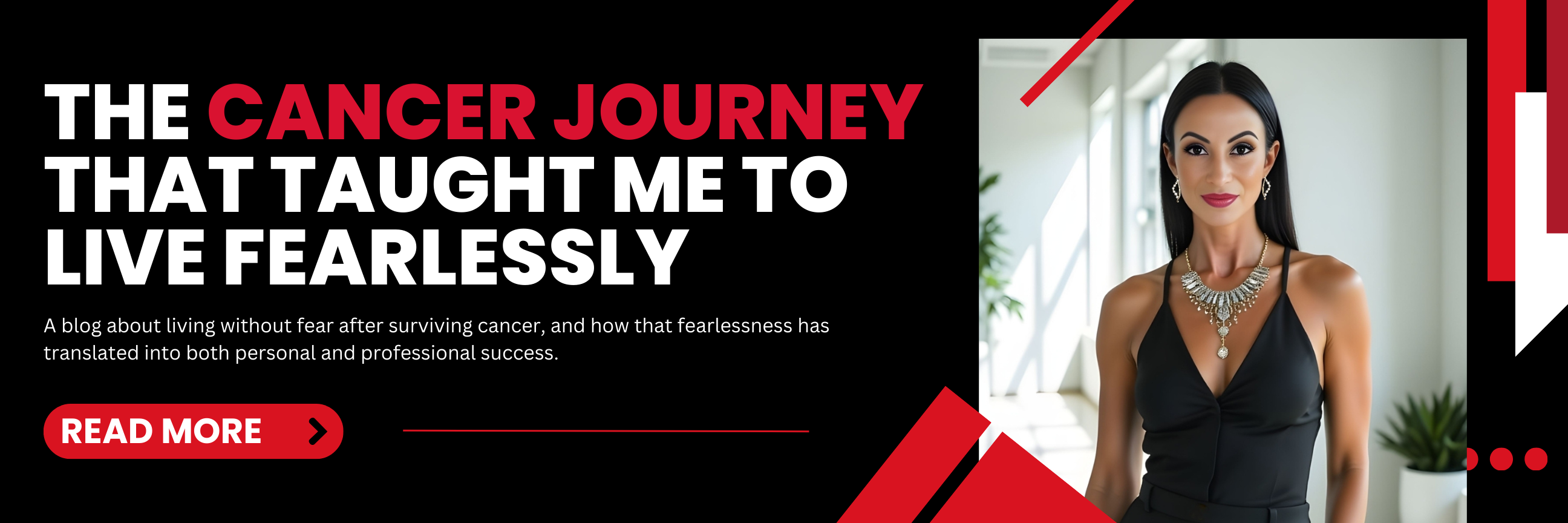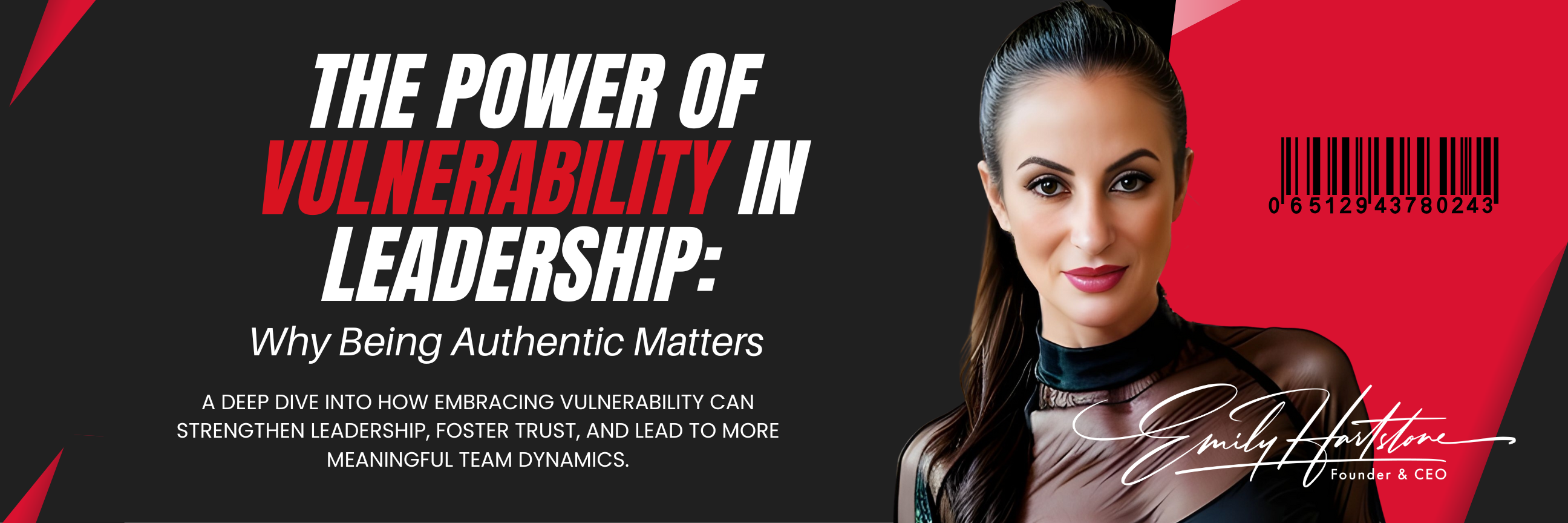The Power of Authentic Leadership

The path to becoming a strong leader is rarely linear. It’s a journey filled with twists, challenges, and unexpected turns that shape who we are and how we lead. For me, one of those defining turns came during the hardest battle of my life—my fight against cancer. What surprised me the most was that the vulnerability I felt during this time didn’t make me weaker as a leader; it made me stronger.
In this blog, I’ll share how my health battle transformed my approach to leadership, why vulnerability can be a game-changer, and how it can inspire deeper, more authentic connections.
1. Vulnerability: A New Definition of Strength
Before cancer, I believed that strength in leadership meant always projecting confidence, decisiveness, and resilience. I thought vulnerability—expressing fear, uncertainty, or admitting I didn’t have all the answers—would diminish my authority. But cancer had other plans.
Suddenly, I found myself feeling both physically and emotionally drained. I didn’t know what tomorrow would bring. Instead of hiding these feelings, I chose to be open about them. I shared my fears, doubts, and exhaustion with those closest to me, including my team. To my surprise, this honesty didn’t create distance; it created connection.
Vulnerability wasn’t about being weak; it was about being real. And in the process, I discovered that authenticity was the most powerful tool I could wield as a leader. It allowed me to build genuine relationships, create a deeper sense of trust, and make people feel safe to share their own struggles.
2. Transparency Builds Trust
One of the most unexpected lessons from my cancer journey was the power of transparency. Sharing my personal struggles openly felt risky, but it turned out to be transformative. My honesty was met with empathy, support, and even admiration. People respected me more—not less—when I was candid about my challenges.
Transparency is often overlooked in leadership, but it’s vital. By being open, I was able to create stronger, more authentic relationships with my team. My willingness to share made it clear that I didn’t have to be invincible to be effective. Instead, I just had to be real.
This transparency paved the way for deeper collaboration. Team members felt more comfortable approaching me with their challenges, knowing they would be met with understanding. We developed a culture of mutual support, where admitting struggles became an opportunity for growth, not a sign of failure.
3. Leading with Empathy
Cancer taught me to lead with empathy in a way I hadn’t before. Going through such a personal and painful experience gave me a newfound understanding of what it means to struggle and feel vulnerable. This change wasn’t just personal—it reshaped the way I interacted with my team.
I became more attuned to the challenges others faced, both in and out of the workplace. I realized that everyone has battles—some visible, others hidden. By leading with empathy, I created an environment where my team felt safe to express themselves and be authentic.
Empathy is often underestimated as a leadership quality, but it’s crucial for building a positive culture. It’s not just about understanding others; it’s about empowering them. By truly listening and offering support, I was able to connect with my team on a deeper level, fostering a more inclusive and engaged workplace.
4. Self-Care: A Leadership Necessity
One of the biggest lessons I learned during my battle with cancer was the importance of self-care. Before my diagnosis, I was guilty of pushing myself to the limit, working long hours, and ignoring my well-being. But cancer forced me to hit pause and re-evaluate my priorities.
I quickly learned that self-care isn’t a luxury—it’s a necessity. As a leader, you can’t pour from an empty cup. If you’re not taking care of yourself, it’s impossible to effectively lead others. By prioritizing my own well-being, I found that I could show up stronger and more focused for my team.
I also encouraged my team members to prioritize their own well-being and maintain a healthy work-life balance. This shift in perspective didn’t just help me personally; it helped create a more sustainable and positive work environment. By leading by example, I demonstrated that self-care is not selfish; it’s essential for long-term success.
5. Creating a Culture of Vulnerability
Vulnerability in leadership isn’t just about being open yourself—it’s about fostering a culture where everyone feels safe to be real. By promoting trust, empathy, and transparency, I encouraged my team to bring their authentic selves to work.
This openness led to increased collaboration, creativity, and innovation. When people feel safe to share ideas, admit challenges, and seek help, they are more likely to contribute meaningfully. Vulnerability became a catalyst for growth—not just for me, but for everyone around me.
Conclusion: The Power of Authentic Leadership
My battle with cancer reshaped me in ways I never anticipated. It taught me that vulnerability is not a weakness, but a strength that can transform leadership. By embracing vulnerability, leading with empathy, and prioritizing self-care, I not only changed my own approach but also reshaped the culture of my team.
As leaders, we don’t have to be perfect. We don’t need to have all the answers. What we do need is the courage to be vulnerable, to connect with others on a human level, and to lead with authenticity. It’s a lesson I learned the hard way, but one that has made me a better, more genuine leader.
Book a Call with Emily









